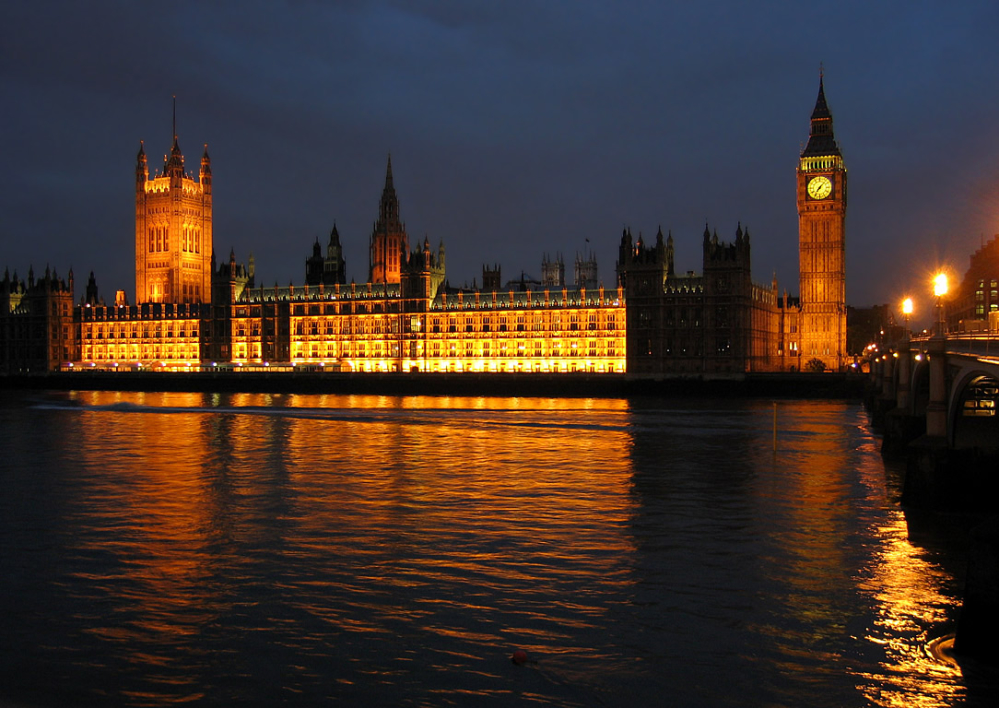Digital Economy Bill passed by Parliament
28 Apr 2017

The Digital Economy Bill received royal assent this week and it will now become the Digital Economy Act 2017.
The Act includes provisions which will:
- Give every household a legal right to request a fast broadband connection
- Give consumers and businesses better information about communication services, easier switching and automatic compensation if things go wrong
- Cut the costs for new infrastructure and simplify planning rules
- Enable stronger enforcement of direct marketing laws
- Create civil penalties for online pornographers who do not verify the age of their customers, and ISP level blocking of non-compliant sites, and;
- Help protect consumers from “bill shock” by requiring mobile network operators to offer a bill capping facility
The crucial change for DMA members is the provision to put the ICO’s Direct Marketing Guidance on a statutory footing. This means marketers will have to follow it and could face enforcement action for not doing so.
However, this guidance will only be approved subject to industry consultation. The DMA will consult with the ICO to negotiate Guidance that strikes the right balance and doesn’t go beyond what is required by current legislation.
A statutory instrument is what is used to update existing legislation and the Government believe putting the Direct Marketing Guidance on statutory footing will help the ICO better acheive the ‘spirit’ of existing legislation.
The ICO has not announced when it intends to consult on this point but the regulator will be hard pressed to do so considering there are only 13 months until the General Data Protection Regulation (GDPR) will come into force in the UK.
Please login to comment.
Comments